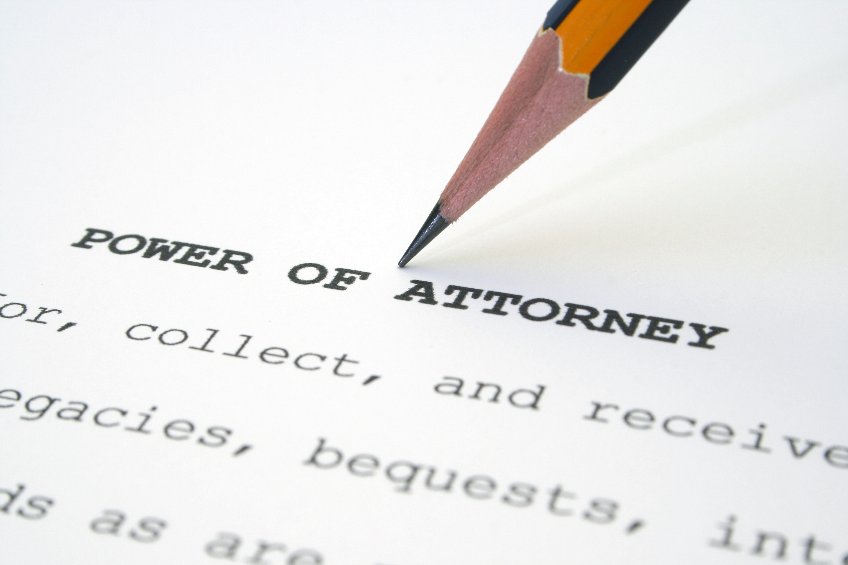A Power of Attorney (POA) is a legal document that grants a third-party authority over an individual’s financial and legal matters. While there are various types of POAs, such as a General POA or a Durable POA, they can also be divided amongst those that take immediate effect and those that take effect upon the occurrence of a stated condition. The latter kind is known as a Springing POA, because the powers authorized within the document do not become available until a certain event or condition takes place.
What are some disadvantages of a Springing Power of Attorney?
Since a Springing POA does not take effect until a stated condition arises and is met, there is often an associated issue of delay. While the situations surrounding a POA are often dire and immediate, such as the need to make an urgent medical decision, a Springing POA will require a formal confirmation from a medical professional, known as a determination, that the condition stated in the POA has been met, and that the assigned agent may formally act on behalf of the incapacitated individual. Moreover, such delays may be exacerbated due to HIPAA and other privacy concerns. Doctors and administrative staff may be confused or hesitant to provide a third-party with information regarding a patient’s health, even if such information is required to make the POA effective, due to fear of violating a HIPAA provision or other state or federal law.
Another concern regarding Springing POAs is the definition of incapacity. The POA must carefully define what conditions constitute incapacitation, such that the agent may take over the duties and responsibilities assigned to him or her under the document. Failure to carefully define what conditions shall constitute incapacity may result in a drawn-out process that negatively impacts the incapacitated individual and the agent. For example, suppose a properly executed Springing POA provides that it shall take effect if the individual is rendered mentally incompetent. If an individual suffers from a mental illness and experiences days in which he or she would be classified as mentally incompetent, the fact that it is not a constant occurrence may result in the Springing POA not taking effect under such circumstances, even if both the incapacitated individual and agent intended for it to cover these situations.
Is a Springing Power of Attorney legal in Florida?
Although Florida historically recognized Springing POAs, since 2011, all POAs must go immediately into effect; otherwise, they are considered invalid and unenforceable. In order to avoid any potential issues, it is strongly encouraged to execute a Durable POA. Not only does a Durable POA take effect immediately upon execution, it also provides the agent with authority over a wide range of legal and financial matters, such as buying and selling property, filing tax returns, and managing bank accounts.








